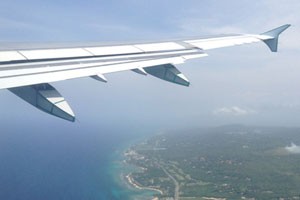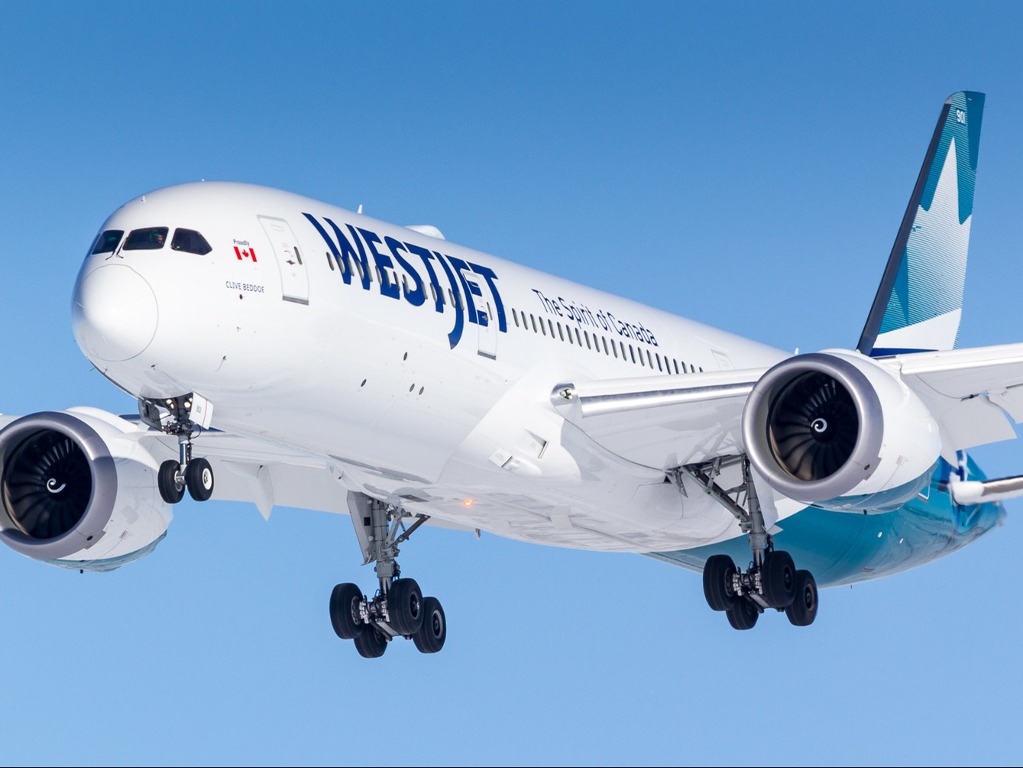Industry Reacts To Fed Transport Plan
Not to put too fine a point on it, the Canadian travel industry’s reaction to federal transport minister, Marc Garneau’s unveiling of the government’s Transportation 2030 plan yesterday is disappointment.
Key for the industry is the fact that the plan doesn’t address the issue of fees, taxes and levies that add significant cost to airfares in Canada.
Noting its disappointment, the Tourism Industry Association of Canada (TIAC) said that although the plan included measures to enhance passenger experience and improve the efficiency of airport security screening; a number of key factors impeding Canada’s competitiveness as an international travel destination were not addressed.
TIAC president and CEO, Charlotte Bell pointed out that, “Quality of experience, ease of access and price point determine competitiveness in global tourism. Canada is a world class destination, the added cost of fees, taxes and levies added to air often prices Canada out of contention.”
The industry association said that the Canadian Transportation Act Review outlined a series of recommendations that would improve Canada’s competitiveness, trigger job creation and help businesses grow and prosper by lowering consumer prices, modernization and restructuring airport lease rules.
And it observed, “However, the status quo on excessive taxes and fees affecting air travel prevails. While the government’s proposed changes set the path towards 2030, TIAC and industry stakeholders submit that those measures will further derail Canada’s positioning on air travel competitiveness. TIAC is hopeful that the Government of Canada will take the opportunity to address these crucial economic factors in the 2017 Federal Budget.”
Gregg Saretsky, president and CEO of WestJet, said, “We recognize and appreciate the extensive consultation that has been undertaken by the federal government over the past year, and we are supportive of many measures announced [yesterday]. However, we firmly believe the largest challenge to ensuring low fares for Canadian consumers is the rising cost of aviation infrastructure. Canada is a much more expensive jurisdiction in which to operate than other jurisdictions. We are disappointed the government has not signaled more clearly a willingness to meaningfully review aviation taxation and cost structure.”
On the question of foreign ownership, WestJet’s boss indicated that the airline’s position “has been that changes to foreign ownership should be done on a reciprocal and negotiated basis with other countries, versus a unilateral increase, which was announced [yesterday].
In a prepared statement, Air Canada said, “We are studying the measures announced by the Minister and will comment further in due course. We would however say that the number one issue faced by the Canadian aviation industry is the uncompetitive level of government and infrastructure rates, charges and taxes, including airport rent and related charges, security surcharges, fuel taxes, etc.”
And the AC statement went on to note that, “Canada was 136th out of 140 countries when it came to ticket taxes and airport charges, as ranked on competitiveness by the 2013 World Economic Forum Tourism Competitiveness Report (Canada was 98th in 2009). These need to be urgently addressed above other factors to create a truly competitive industry and reduce airfares meaningfully.”



